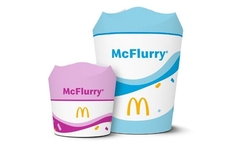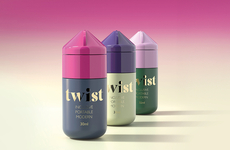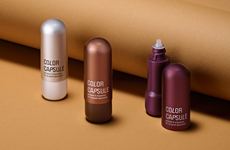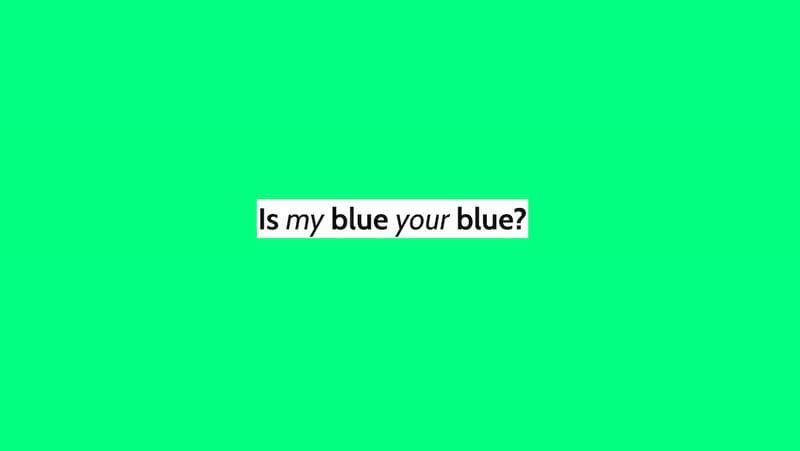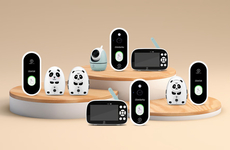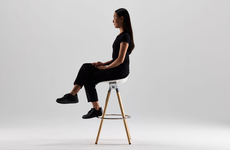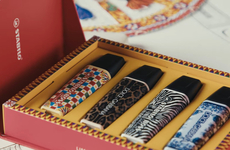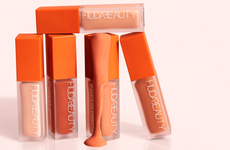
The Is My Blue Your Blue? Quiz Tests Perceptual Views
Amy Duong — September 4, 2024 — Art & Design
References: ismy.blue
The new Is My Blue Your Blue? test was created by Patrick Mineault, who is a neuroscience and artificial intelligence researcher. He invites those to explore how their concepts of blue and green hues are comparable to others who are looking at the same hue.
For example, there are those who consider the color turquoise to be green whereas others will perceive that to be blue. What makes this an interesting quiz is that there are factors that play a role in these concepts, whether it is language, culture, or even the time of day that alters our views. The test progresses overtime and the group is asked to compare the various blue and green shades and then compare it to the rest of the population's ideals.
Image Credit: Is My Blue Your Blue?
For example, there are those who consider the color turquoise to be green whereas others will perceive that to be blue. What makes this an interesting quiz is that there are factors that play a role in these concepts, whether it is language, culture, or even the time of day that alters our views. The test progresses overtime and the group is asked to compare the various blue and green shades and then compare it to the rest of the population's ideals.
Image Credit: Is My Blue Your Blue?
Trend Themes
1. Personalized Color Perception Tests - Expanding on color perception quizzes that reveal individual differences driven by cultural, lingual, or temporal factors.
2. Interactive Neuroscience Quizzes - Introducing user-engagement tools that incorporate real-time comparisons in cognitive and perceptual neuroscience studies.
3. AI-enhanced Visual Assessments - Leveraging artificial intelligence to develop more accurate and adaptive visual tests for diverse populations.
Industry Implications
1. Digital Education Platforms - Incorporating perceptual quizzes that teach and reveal the science behind individual sensory experiences.
2. Artificial Intelligence Research - Utilizing AI to explore the nuances of human perception and how it varies across different demographics.
3. Consumer Psychology - Applying findings from color perception studies to better understand consumer behavior influenced by cultural and environmental factors.
8.9
Score
Popularity
Activity
Freshness

